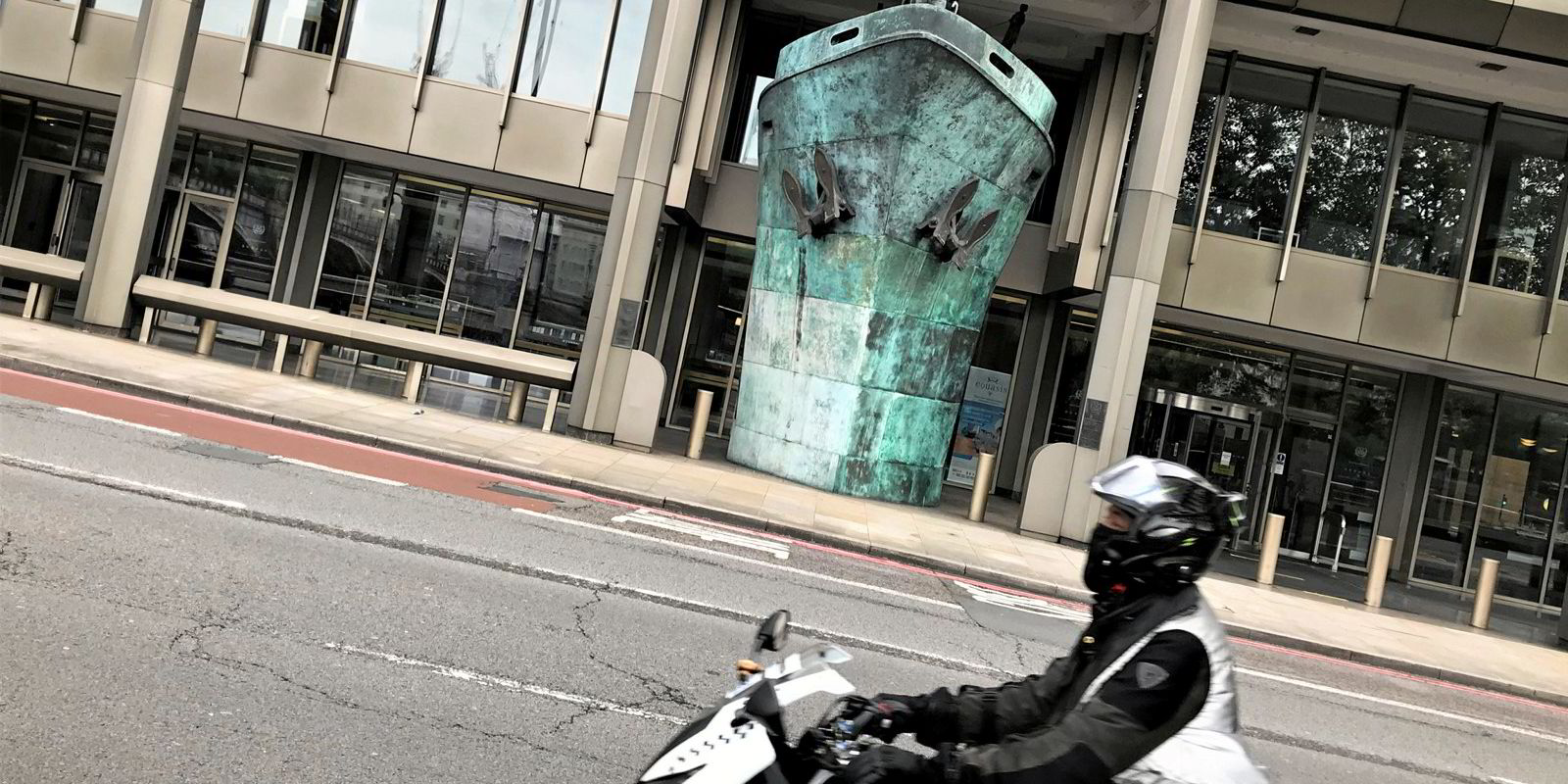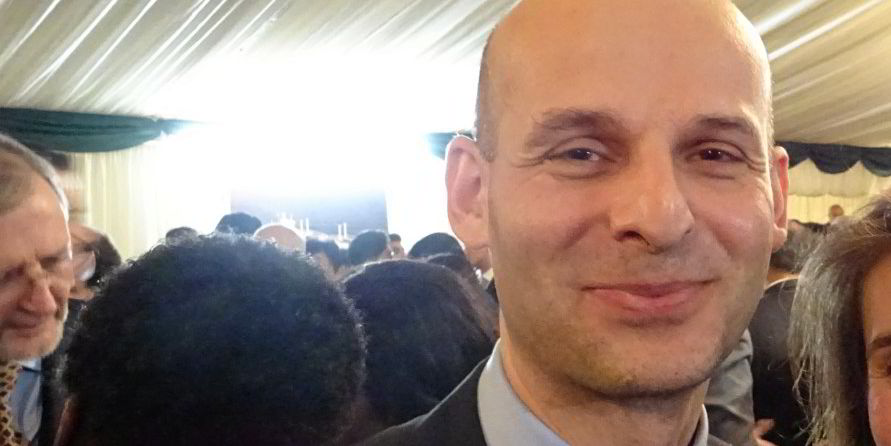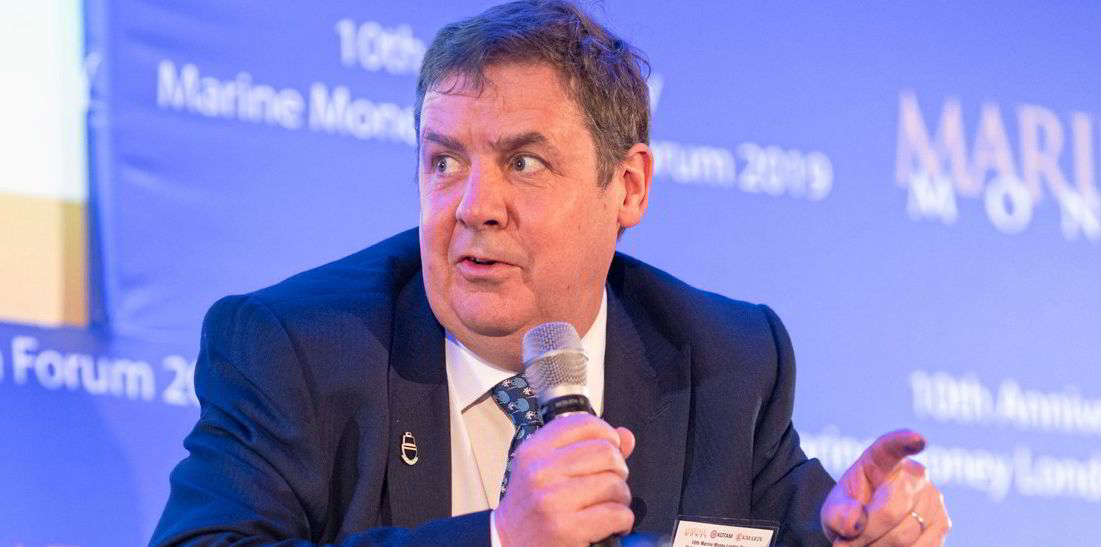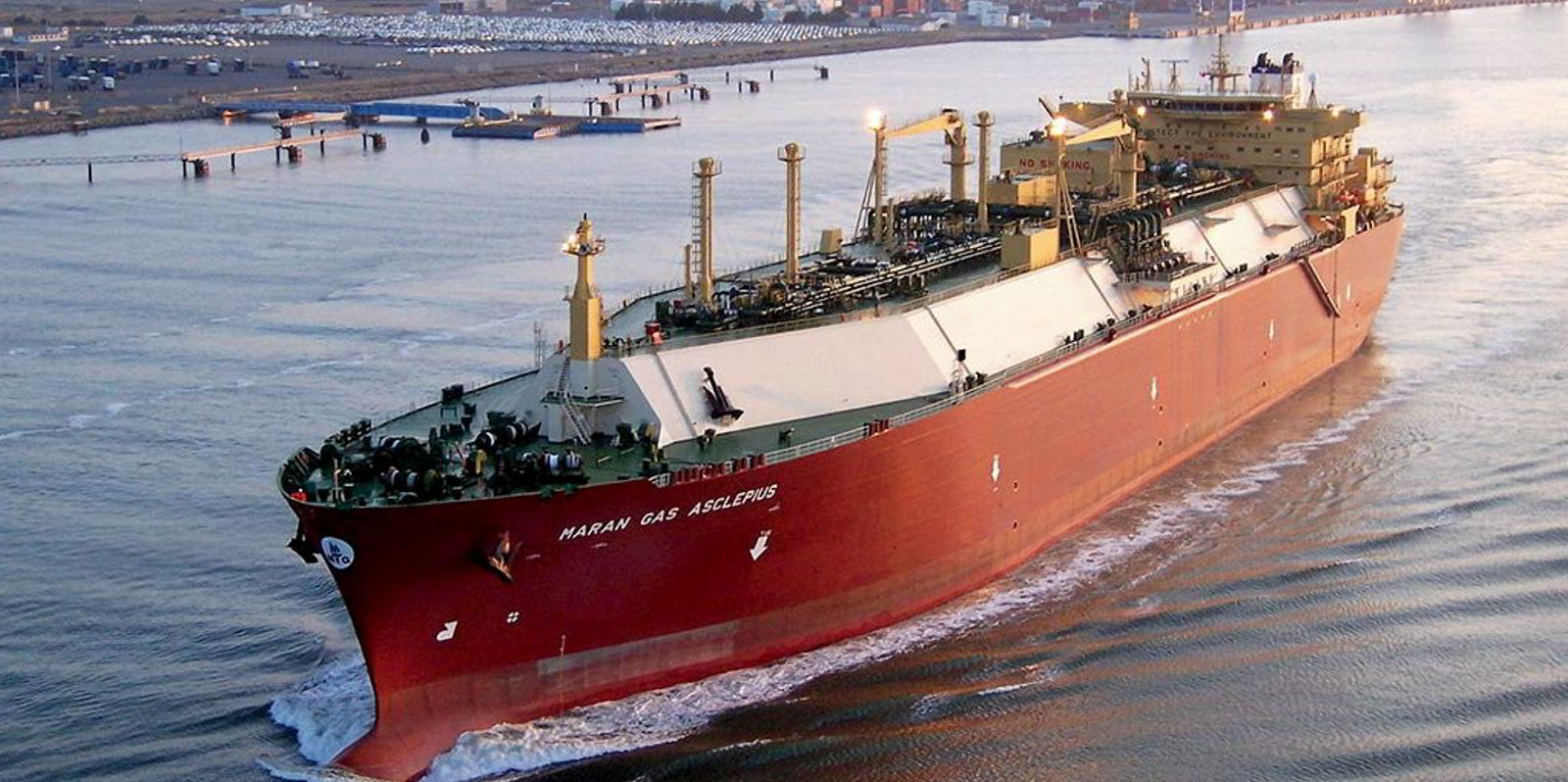The proposal by the International Chamber of Shipping (ICS) to set a global greenhouse gas levy is silent on one key detail: how much the carbon emissions should cost.
After the proposal to the International Maritime Organization was announced on Monday, ICS deputy secretary general Simon Bennett told TradeWinds that the shipowner organisation was focused on putting forward the architecture of the carbon levy, to show how it could be set up as soon as possible.
But that does not mean any price will do.
"The quantum of the levy is ultimately a political question that will be determined by governments, although in this submission, what we have indicated is that initially the levy shouldn't be disproportionately high until we actually have the technologies available to which we can transition," Bennett said.
He said, for example, the ICS would not envisage the IMO setting a carbon levy as high as prevailing carbon prices.
"The purpose of the exercise is to have a price that will close the gap between the zero-carbon fuels and the conventional fuels," Bennett said.
The ICS proposal, co-sponsored by bulker owners group Intercargo, comes amid a growing consensus about the need for market-based measures, like putting a price on carbon, to achieve the IMO's decarbonisation targets.
The Maersk Mc-Kinney Moller Center for Zero Carbon Shipping, a non-profit development centre for decarbonisation solutions, welcomed the proposal.
"Global regulation is a critical driver of the transition towards zero-carbon shipping and essential to close the price gap between fossil fuels and zero-carbon fuels. As a next step, we need a firm carbon price to enable timely transition," the group said in a LinkedIn post.
Marshall Islands effort
In the carbon levy proposal currently before the IMO, the Marshall and Solomon Islands have called for a levy of $100 per tonne of CO2 on marine fuel starting in 2025. But they said evidence suggests it takes a levy of $250 to $300 per tonne of CO2.
But that proposal is seen as lean on detail.

While suggesting an initially modest carbon price at the start, the ICS proposal calls for a five-year review of the levy, depending on available technology.
Also key to the ICS proposal is to avoid market distortion of a regional approach to taxing shipping's carbon output — a response to the European Union's plans to include shipping in its EU Emissions Trading System.
"We are concerned that governments simply view market-based measures as a revenue-raising exercise, by simply focusing on the quantum, then there's a danger that they'll then neglect what really needs to happen, which is taking the measures required to accelerate the development of the technology," Bennett said.
That is also why the ICS is continuing to push its separate $2-per-tonne bunker fuel levy that would pay for a $5bn research and development fund.
MEPC discussion
That proposal is slated for discussion at the IMO's Marine Environment Protection Committee (MEPC) in November.
The ICS would like to see a market-based measure established as soon as possible, but the IMO's work plan for considering carbon levies means that it would be hard to put a framework in place before the middle of this decade, Bennett said.
He noted that is why the group is so keen for the MEPC to sign off on the research and development fund later this year, which could see it up and running "shortly after" 2023.
That proposal had a host of fellow shipping industry associations signed up to back the idea.
The carbon levy proposal is different, with Intercargo as the lone co-sponsor, although other shipping organisations have urged the IMO to adopt market-based measures.
Bennett said the smaller list of shipping groups was a question of timing, to get the proposal into an upcoming IMO meeting. The United Nations body made more progress than expected to establish a work plan for considering market-based measures, by agreeing to consider the Marshall Islands proposal at a meeting in October.
"So, we were able to put together the proposal over the summer and by the skin of our teeth we submitted that last Friday," Bennett said.






